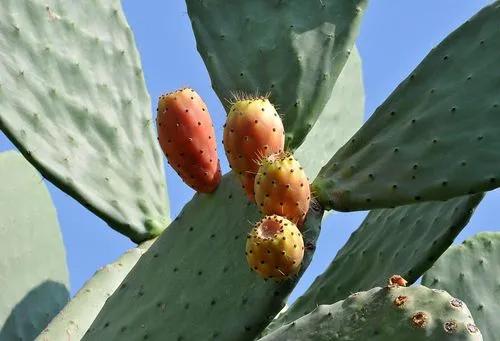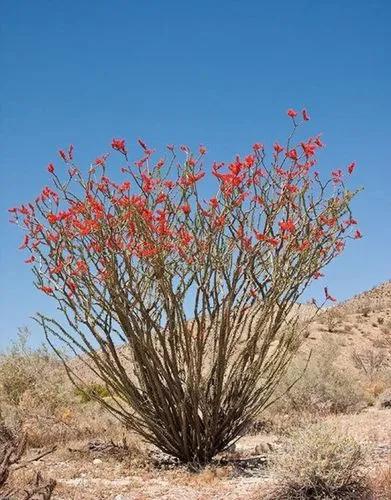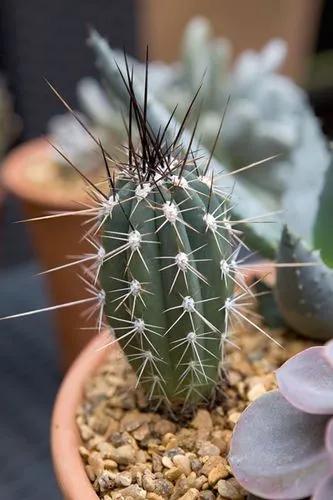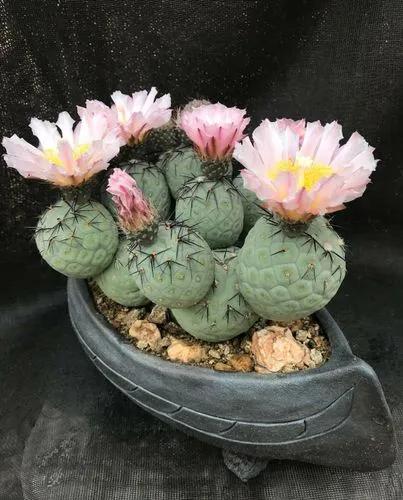Welcome to the world of the Domino Cactus, a truly one-of-a-kind succulent that looks like it's been decorated with a playful hand of white-spotted dominoes. This cactus is a member of the Echinopsis family and hails from the mountainous regions of South America, particularly Bolivia. Unlike your typical desert-dwelling cactus, it thrives in the dry and rugged landscapes of the mountains.
Domino Cactus Care
Echinopsis Ancistrophora



Allow us to introduce you to the Domino Cactus, scientifically labeled as Echinopsis subdenudata. It's a petite and visually striking cactus, usually keeping things cozy at a height of 6-12 inches (15-30 cm). But what truly sets it apart are those dark green stems adorned with snazzy white spots or bands, resembling dominoes, its main identification feature. What's more, it's quite the showstopper when it decides to put on a floral display boasting large white flowers on elegant, elongated stems.
How to Care for the Plant

Water

It likes its drinks few and far between. Let the top inch (2.5 cm) of soil have a little dry time between sips. When it's in the mood to grow (that's spring and summer), you can water it a bit more often, but don't go overboard. In its resting season (fall and winter), it prefers a dry spell to avoid soggy roots.

Pruning

Once in a while, you might need to say goodbye to a dead or injured flower stem with some clean, sharp scissors or pruning shears.

Fertilizer

During its active growth (that's the warmer months), a diluted cactus fertilizer every 4-6 weeks should do the trick. But when it's taking a break (dormant season), hold off on the snacks.

Sunlight

Your Domino Cactus craves plenty of indirect sunlight. A sunny windowsill or a spot with gentle filtered light is where it'll thrive. But watch out for harsh, direct sunlight – it's not a fan and can scorch its delicate skin.

Soil

Give it a home in a cactus or succulent potting mix. This special blend is like a spa day for its roots, providing the top-notch drainage cacti crave.

Propagation

You can just snip off a piece of the stem and let it dry out for a few days. Then, plant it in that trusty, well-draining cactus mix and keep it lightly moist until the roots start to show.

Temperature

Indoor temperatures between 70-100°F (21-37°C) work like a charm. It can handle a bit of a chill down to around 50°F (10°C), but frost is a big no-no.

Container

Opt for a well-draining pot or container and make sure there are holes at the bottom. This way, it won't be standing in a pool of water.

Fun fact

Here's a fun tidbit about the Domino Cactus: those captivating white spots arranged in such a symmetrical pattern make it a treasure for cactus aficionados. But its allure doesn't stop there. This cactus has a unique party trick, night-blooming fragrant white flowers. You see, many cacti have adopted this clever strategy to conserve water and entice night-loving pollinators. It's like a secret garden that comes alive under the moonlight.

Popularity

1,375 people already have this plant 92 people have added this plant to their wishlists
Discover more plants with the list below
Popular articles






